Albanese government weighs crackdown on vaping industry
The government is poised to blow up the unregulated vaping industry, which has allowed 90 million vapes a year to be imported, most laced with nicotine and sold to children.
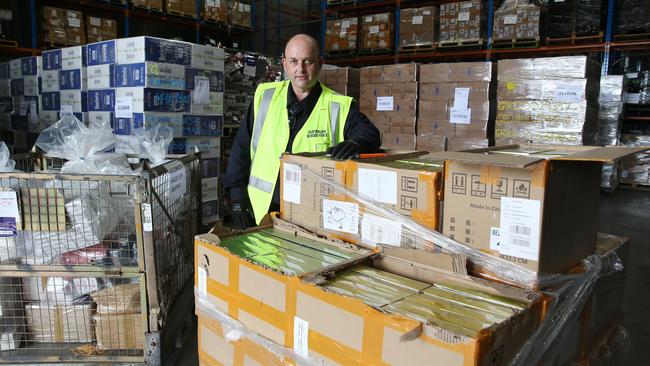
The unregulated vaping industry’s days are numbered, with the government poised to blow up the failed model that has allowed 90 million vapes a year to be imported into Australia, most of them laced with nicotine, and shamelessly sold to children.
Heavy-handed regulation, including new taxes, plain packaging, border checks, intense police scrutiny and even outright bans are on the table as federal and state governments consider how to stop a new generation getting hooked on nicotine.
The use of illegal nicotine vapes is the single biggest behavioural problem reported at schools. It has sparked fears of an emerging national health crisis, and led to calls for police strike teams to go after those who push vapes into the community, with concerns that organised crime is expanding its illicit tobacco smuggling model to include vapes.
Owners of small convenience stores have reported being stood over and intimidated by vape wholesalers, many of whom import products from third countries such as Malaysia and Indonesia that obscure their country of manufacture and either fail to declare the nicotine content or falsely claim to be nicotine-free.
Electronic cigarettes are also causing an environmental nightmare because they are plastic and unable to be recycled because they contain batteries.
Health Minister Mark Butler said the use of vaping had “exploded over the last couple of years’’ and was largely an illegal market. “It is being imported illegally, sold illegally, in most cases to children and adolescents,’’ he said. “The status quo is completely unacceptable.’’
Under laws introduced by the previous Coalition government, nicotine vapes are restricted by law to those older than 18 who purchase them from a pharmacy, on a doctor’s prescription.
However, tens of millions of supposedly nicotine-free vapes are sold from small convenience stores, the vast majority of which do contain nicotine.
Flavours including bubblegum, strawberry, mango passion and kiwifruit are aimed directly at adolescents, while others have pink unicorn designs, lights that glow when they are inhaled, and are designed to look like pretty neon-coloured highlighter pens.
A young reporter from The Australian went to six shops in Wollongong this month and asked to purchase a nicotine vape.
All six shops offered her illegal nicotine vapes. None asked her to show proof of age. The four vapes she purchased were tested at the University of Wollongong and confirmed to contain highly addictive nicotine.
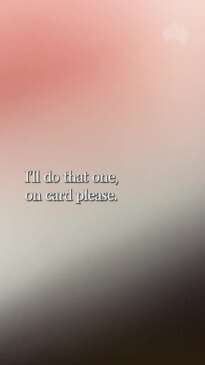
Doctors, police, retailers, teachers and parents have all expressed alarm at the explosion in vaping, with a recent consultation by the Therapeutic Goods Administration receiving thousands of submissions – almost all calling for immediate, dramatic intervention.
Law enforcement sources told The Australian many of the vapes were coming from China via third countries and as well as nicotine, vape pods contained several unknown chemicals, including some found in nail polish remover.
The Australian Association of Convenience Stores, the Master Grocers Association and the Australian Lottery and Newsagents Association have all attacked the current vaping policy, issuing a joint statement describing it as “misguided, poorly designed and failing the community’’.
The Australian Association of Convenience Stores’ members sell cigarettes in their shops, and have three big tobacco firms among their manufacturing members - British American Tobacco, Philip Morris International, and Imperial Brands. The association, which represents petrol station retailers, supports legalising nicotine vapes.
Association CEO Theo Foukkare said modelling had shown an estimated 90 million vapes were imported into Australia last year.
Mr Foukkare said the government had “lost control’’ of the vaping industry, which had been infiltrated by organised crime. “Not one of our members directly,” he said, “but I am aware of tobacco retailers who have been stood over by organised criminals. They offered to buy their store at a significantly reduced price or threatened they’d open up next door and put them out of business,’’ he said.
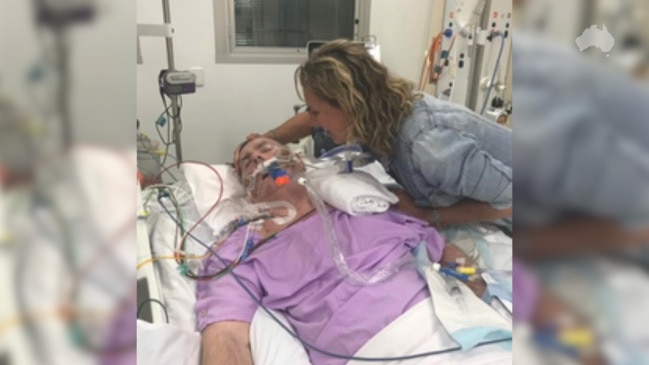
He said retailers had been warned by criminals selling vapes that “if you don’t sell my products, I’ll burn your shop down’’.
Mr Foukkare said selling illicit vapes had become extremely profitable, but the rules were not enforced by state authorities or the Australian Border Force, which was focused on illicit drugs, tobacco and firearms.
“There were 90 million units imported into Australia last year. I guarantee you most of them contained a high level of nicotine.’’
The AACS has strong links to the tobacco industry. Mr Foukkare is a former executive with British American Tobacco, while the association’s strategy and policy adviser Ben Meredith worked for two decades at Philip Morris.
Law enforcement sources told The Australian organised crime gangs from overseas were getting involved in selling vapes. They said state police were reluctant to spend time and effort enforcing vape laws when the items were openly allowed across the border.
“What are you supposed to do when you see someone vaping; go up and ask to see their prescription?’’ one police officer said.
Chief executive of the Police Federation of Australia Scott Weber said it could take days to test a vape to see if it illegally contained nicotine. The cost and delays were inhibiting enforcement, he said. “There is ample evidence that those supplying illicit tobacco, which we know has organised crime links, are also suppling illicit vapes,’’ he said.
“There has been coverage of both items being seized in the same consignments and many of the retail outlets selling illicit tobacco are also selling vapes.’’
Mr Weber said it was a matter for government to decide whether vapes should be regulated or outlawed, but he said the best way to deal with the “blatant retail distribution’’ of illegal vapes was to establish strike teams on the east coast. “Embedding state police in illicit tobacco taskforce strike teams in the major states would mean we could have a targeted attack on those retail outlets selling both illicit tobacco and illegal vapes,’’ he said.
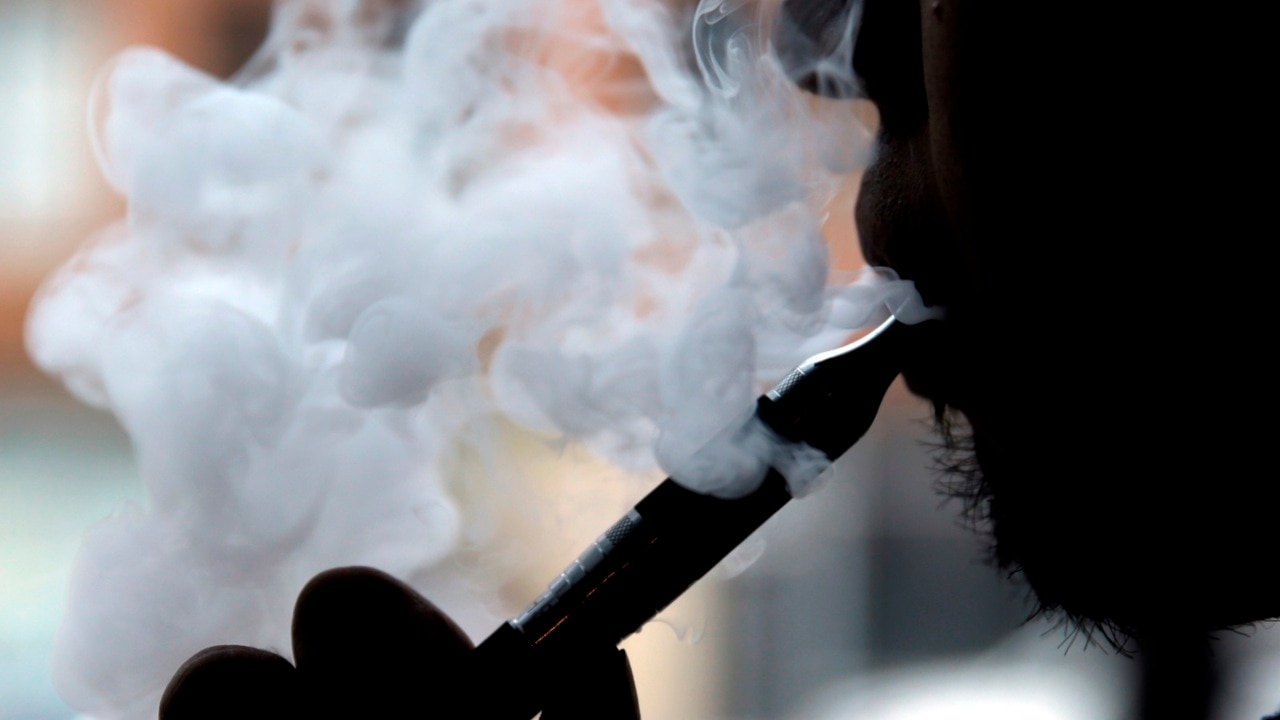
“I understand there have been discussions about such an approach, but it would need federal funding and the support of the states involved.’’
The ABF is focused on illicit tobacco, but it is not set up or funded to search for illegal vapes.
Unlike illicit cigarettes, which tend to arrive in shipping containers and are easy to find, vapes come in thousands of smaller boxes, and blend in with other objects such as pens, toys and electronic gadgets.
The ABF does not test vapes suspected of containing nicotine, but works with the TGA.
Thousands of seized vapes are currently being held in a warehouse near Sydney Airport.
ABF Assistant Commissioner Tony Smith said its resources were “prioritised to address the highest border risk’’.
“The ABF closely with the TGA as the regulator of therapeutic goods in Australia to ensure considerations for reform are practical, effective and involve multi-jurisdictional effort across states, territories and the commonwealth,’’ he said.
The TGA said it had launched more than 2000 investigations into nicotine vaping products between October 2021 and March 2023, of which 1683 had been finalised. A total of 111 infringement notices had been issued to 27 entities, totalling $769,896 – 101 for advertising offences, and 10 for import offences.
Two civil proceedings were begun in the Federal Court of Australia for advertising offences.
As well, 544,041 nicotine vaping products have been determined to be non-compliant imports.


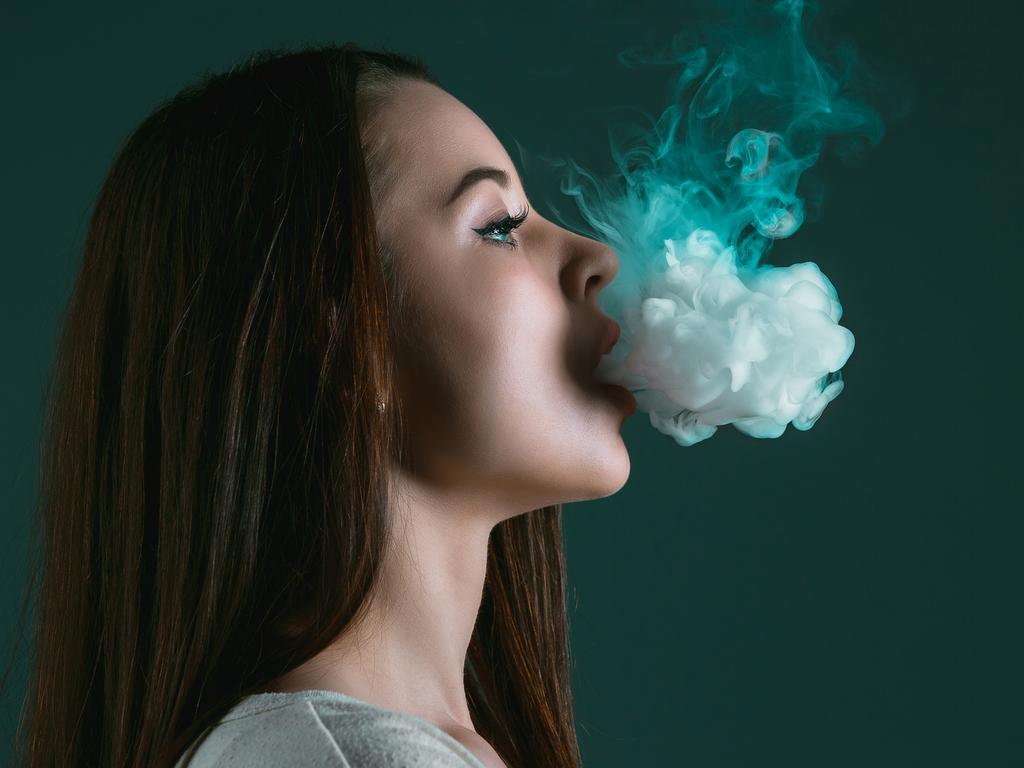
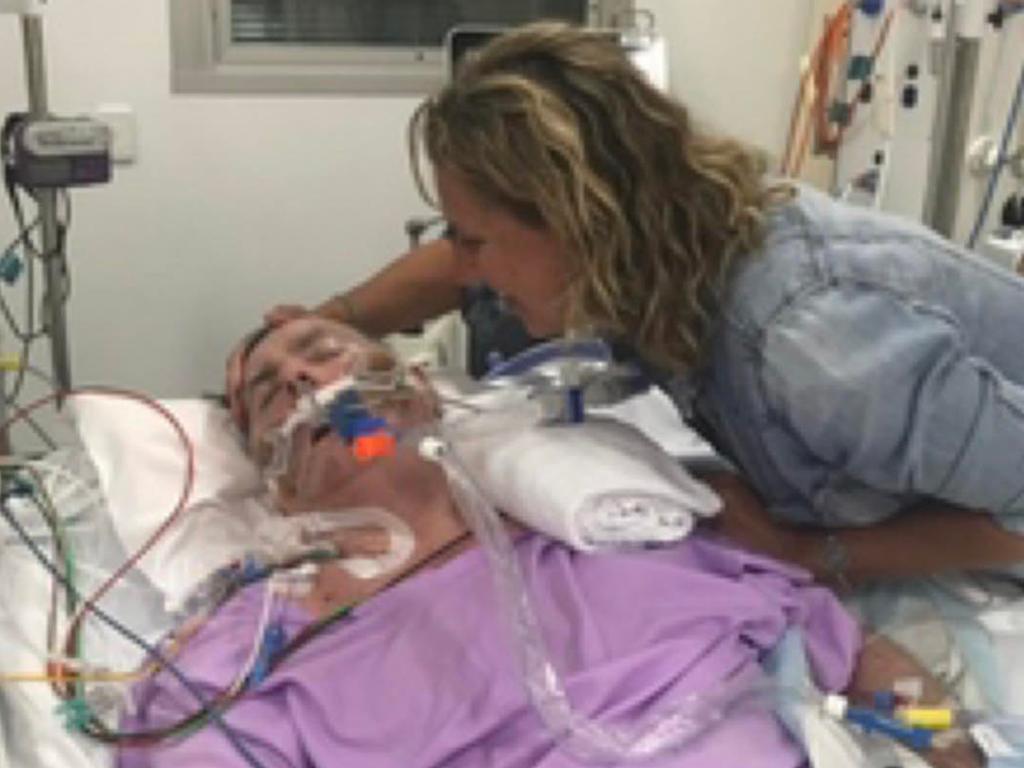




To join the conversation, please log in. Don't have an account? Register
Join the conversation, you are commenting as Logout